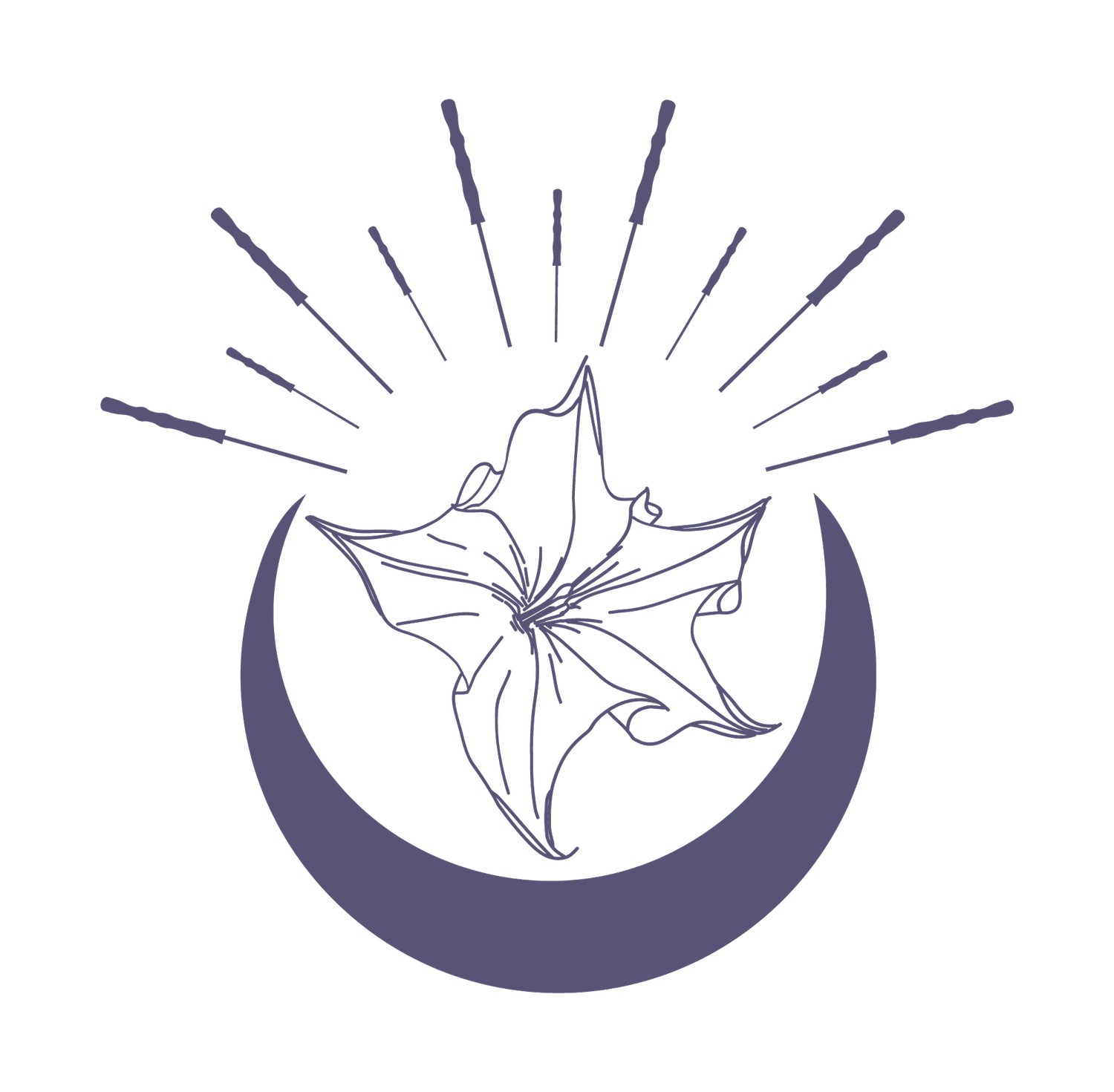Adaptive Horseback Riding
At Pure Balance, we have the pleasure of seeing lots of children and young adults with chronic health conditions including Cerebral Palsy. In this area we are fortunate to have several agencies that offer therapeutic horseback riding and have had the opportunity to see positive effects in children with CP, MD, autism, multiple handicaps, adhd and more.
This month the APTA Physical Therapy Journal Published an article on adaptive riding in children with CP. The abstract is below:
Therapist-Designed Adaptive Riding in Children With Cerebral Palsy: Results of a Feasibility Study
Mattana Angsupaisal, Baudina Visser, Anne Alkema, Marja Meinsma, Carel G.B. Maathuis, Heleen Reinders-Messelink and Mijna Hadders-Algra
Abstract
Background: It is debatable whether adaptive riding (AR) in children with cerebral palsy (CP) does improve postural control and gross motor development.
Objective: To explore feasibility of an extensive assessment protocol for a randomized controlled trial on therapist designed AR in children with CP aiming to assess effects on child outcomes and working mechanisms of sitting postural control.
Design: Pre-Post group design with two baseline measurements.
Methods: Six children (one girl, five boys; 6-12 years; median 8 years 9 months) with bilateral spastic CP, GMFCS level III participated. Outcome was evaluated three times (T0, T1, T2) at 6 weeks intervals. T0 and T1 were baseline measurements; between T1 and T2 therapist designed AR-intervention including an integrated program of postural challenge exercises (2x per week during 1 hour) was applied. The complex protocol included GMFM-88 and EMG-recording of postural muscle activity during reaching while sitting (EMG at T1 and T2 only).
Results: The protocol was feasible. Median GMFM scores changed from 64.4 (T0) to 66.7 (T1; p=0.075) and from 66.7 (T1) to 73.2 (T2; p=0.028). The change scores of all children exceeded the minimal clinically important differences (MCIDs) of the GMFM-88. Five out of six children showed a decrease in stereotyped top-down recruitment between T1 and T2 (p=0.173).
Limitations: Lack of control group, small sample size and potential assessor bias for all but the EMG parameters, are study limitations.
Conclusion: Feasibility of the complex protocol was established. The data suggest that 6-week therapist designed AR-intervention may improve gross motor function and may reduce stereotyped postural adjustments in children with CP. The limited results beg for replication in a well-powered RCT.
_________________________________________________________________________________
This article provides the information necessary for larger, more comprehensive studies to be completed on this alternative form of therapy. We are a proponent of alternative medicine and believe in approaching clients in a comprehensive manner. For me, being able to see postural changes and strength gains with this mode of therapy is tremendous, but when we see the smiles on the faces of children, their eyes light up and their spirits lifted, this indicates, something is really working!!!
Here is a list of some resources of local therapeutic riding programs:
University of New Hampshire, Durham, NH
Myhre Equire Center, Rochester, NH
Wings and Hooves, East Kingston, NH
Thanks for Reading, have a glorious day,
Dr. Krystal

